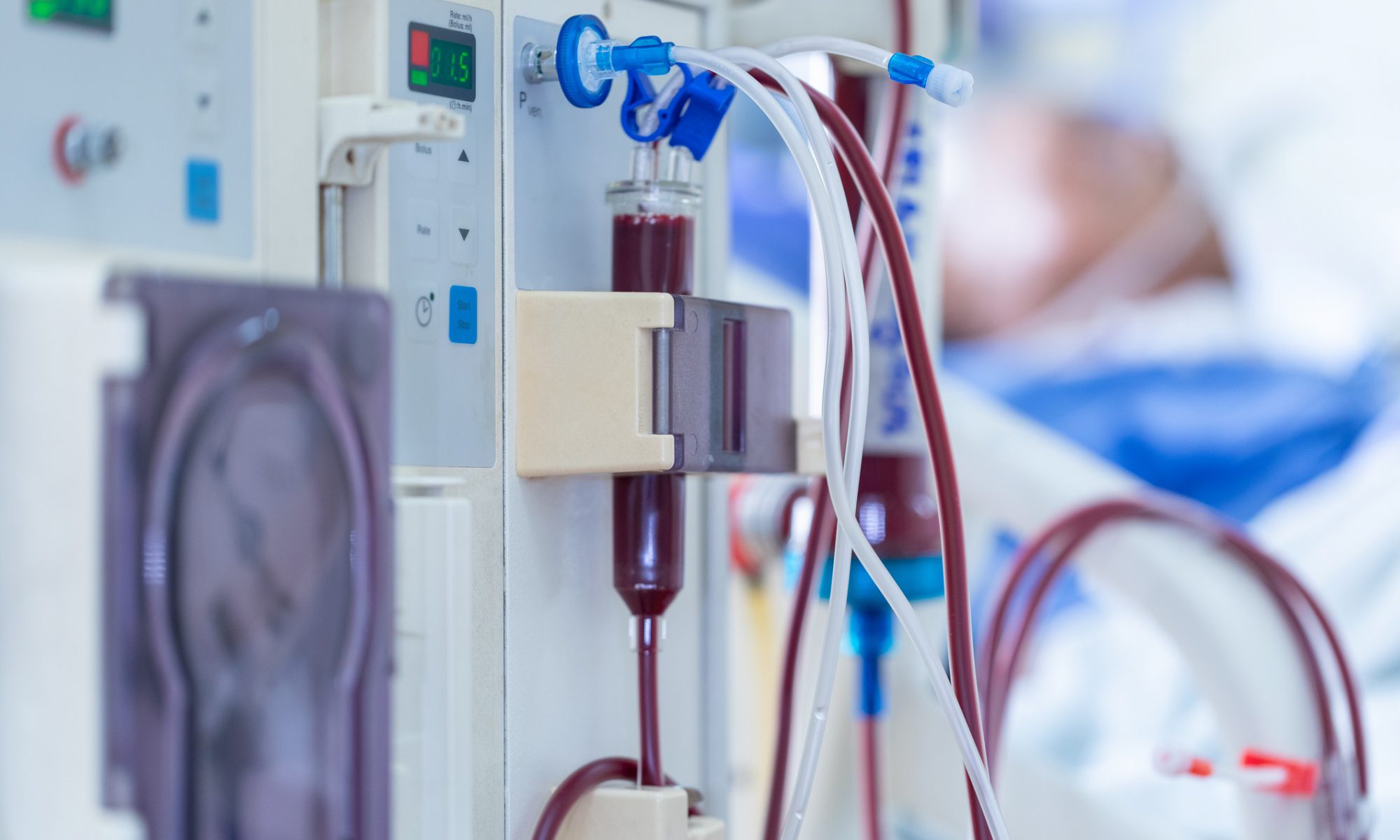By Regina Schaffer
BOSTON — Interventions that prevent or delay the onset of type 2 diabetes are critically important, and early diagnosis and treatment intensification can improve outcomes and increase lifespan, according to a speaker.
Despite the development of several new classes of diabetes medications and devices and advances in understanding of the importance of glucose control, only about half of people with type 2 diabetes are achieving a target HbA1c of less than 7%, Juan P. Frias, MD, medical director and principal investigator at Velocity Clinical Research in Los Angeles, said during a presentation at the Cardiometabolic Health Congress. Read the complete article in Healio.









